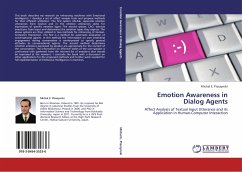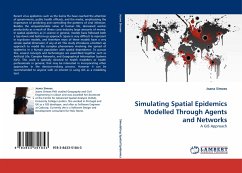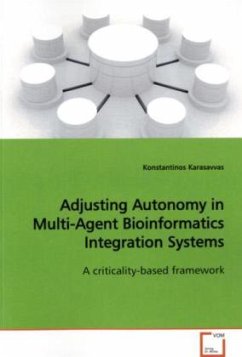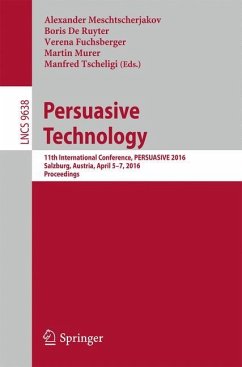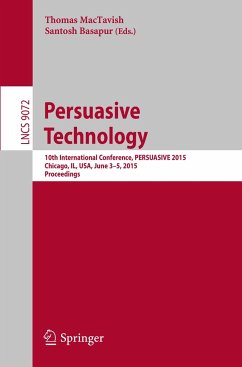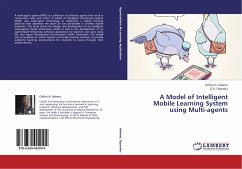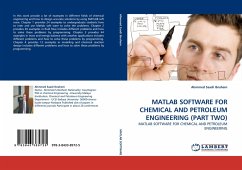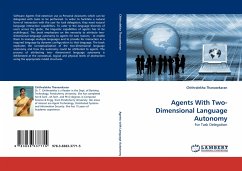
Agents With Two-Dimensional Language Autonomy
For Task Delegation
Versandkostenfrei!
Versandfertig in 6-10 Tagen
52,99 €
inkl. MwSt.

PAYBACK Punkte
26 °P sammeln!
Software Agents find extensive use as Personal Assistants which can be delegated with tasks to be performed. In order to facilitate a natural form of interaction with the user for task delegation, they need natural language interaction capabilities. To cater to the language diversity of users across the globe, the linguistic capabilities of agents has to be multilingual. This book emphasizes on the necessity to attribute two-dimensional language autonomy to agents for two reasons - to enable them to manage multiple languages and to provide for interaction in a required language by dynamic conf...
Software Agents find extensive use as Personal Assistants which can be delegated with tasks to be performed. In order to facilitate a natural form of interaction with the user for task delegation, they need natural language interaction capabilities. To cater to the language diversity of users across the globe, the linguistic capabilities of agents has to be multilingual. This book emphasizes on the necessity to attribute two-dimensional language autonomy to agents for two reasons - to enable them to manage multiple languages and to provide for interaction in a required language by dynamic configuration to that language. The book explicates the conceptualization of the two-dimensional language autonomy and how the autonomy could be attributed to agents. The process of attributing two- dimensional language autonomy is deliberated at the conceptual, logical and physical levels of abstraction using the appropriate model structures.




